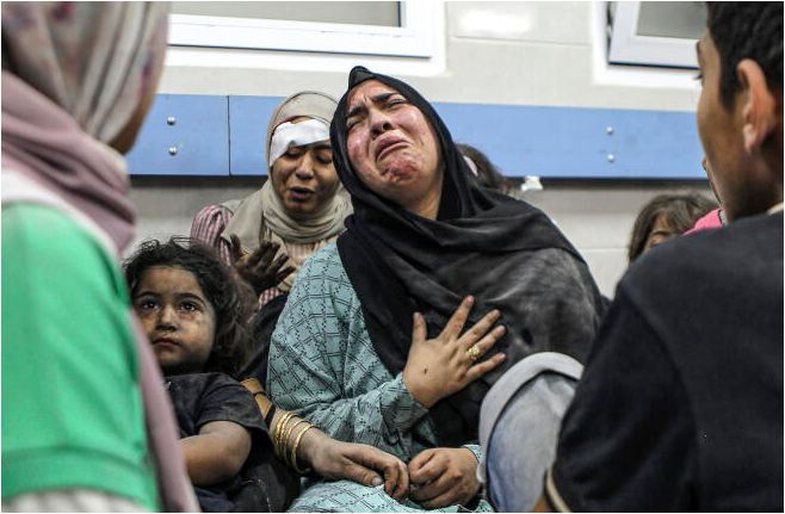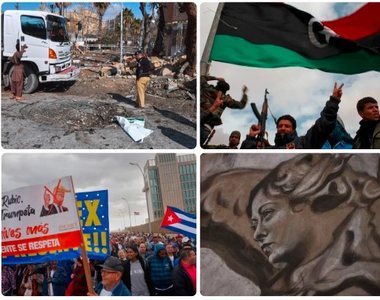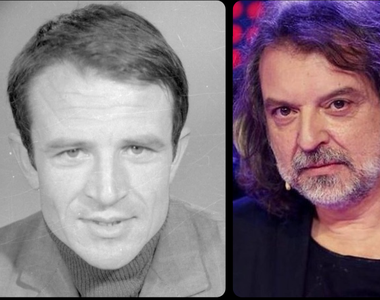
The attack on the hospital in Gaza was strongly condemned around the world, as hospitals, according to the principles of international humanitarian law, are sacred places and attacks on them are considered war crimes.
But what exactly is international humanitarian law?
International humanitarian law is a set of rules that aim, for humanitarian reasons, to limit the effects of armed conflicts. This law protects persons who are not participants in hostilities and restricts the means and methods of war. International humanitarian law is also known as the law of war or the law of armed conflict and regulates relations between states.
Where does it originate?
International humanitarian law is rooted in the rules of ancient civilizations and religions - war has always been subject to certain principles and customs. The universal codification of international humanitarian law began in the 19th century. Since then, states have agreed on a set of practical rules, based on the bitter experience of modern warfare.
When does it apply?
This right applies only to armed conflicts; it does not cover the internal tensions or concerns of the state. The law applies only after a conflict has started and then equally to all parties, regardless of who started the fighting.
International humanitarian law distinguishes between international and non-international armed conflicts. International armed conflicts are those in which at least two states are involved.
It is important to distinguish between international humanitarian law and human rights law. Although some of their rules are similar, these two bodies of law were developed separately and are contained in different treaties. In particular, human rights law – unlike international humanitarian law – applies in peacetime and many of its provisions can be suspended during an armed conflict.
What does it cover?
International humanitarian law covers two areas: the protection of those who are not or no longer participating in combat; limitations on the means of warfare – particularly weapons – and methods of warfare, such as military tactics.
What is "protection"?
The law protects those not participating in combat, such as civilians and medical and religious personnel. It also protects those who have stopped participating in the war, such as wounded combatants, shipwrecked and sick, and prisoners of war. These categories of persons have the right to respect for their lives and for their physical and mental integrity.
They must be protected and treated humanely in all circumstances, without distinction. More specifically: it is forbidden to kill or injure an enemy who surrenders or is unable to fight; the sick and wounded must be cared for by the party in whose power they are. Medical personnel, supplies, hospitals and ambulances must all be protected.
There are also detailed rules governing the conditions of detention for prisoners of war and how civilians should be treated when under the authority of an enemy power. This includes the provision of food, shelter and medical care and the right to exchange messages with their families.
The law defines a number of clearly recognizable symbols that can be used to identify protected people, places and objects. The main emblems are the red cross, red crescent and symbols identifying cultural property and civil defense facilities.
What restrictions are there on weapons and tactics?
International humanitarian law prohibits all means and methods of war which:
- they do not distinguish between those who participate in combat and those, such as civilians, who are not; the goal is to protect the population and civilian property.
- cause excessive injury or unnecessary suffering.
- cause severe or long-term damage to the environment.
Humanitarian law has therefore prohibited the use of many weapons, including explosive bullets, chemical and biological weapons, blinding laser weapons and anti-personnel mines.
Is international humanitarian law really respected?
Unfortunately, there are countless examples of violations of international humanitarian law. More and more, the victims of war are civilians. However, there are important cases where international humanitarian law has made a difference in protecting civilians, prisoners, the sick and wounded and in limiting the use of barbaric weapons. As this body of law applies in times of extreme violence, enforcing the law will always be a difficult issue.





